How the US could influence Swiss policy in the Middle East
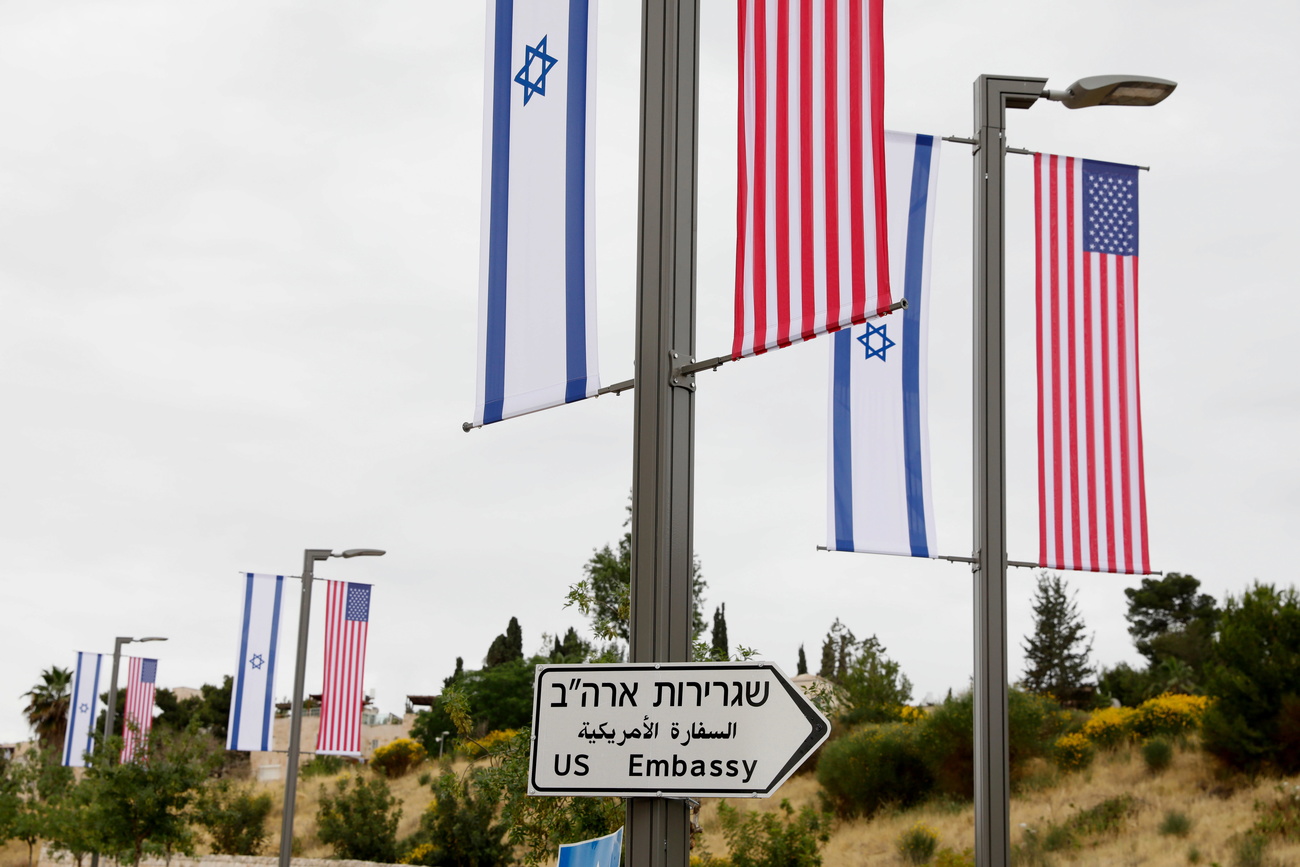
The arrival of Joe Biden in the White House has prompted questions about how effective a role the United States can play in the peace process between Israelis and Palestinians. Will Switzerland continue to take its cues from American policy in the region or can it carve out its own strategy as a peace broker?
The new US administration has given some hints about where it might be headed on the long-standing conflict in the Middle East. Officials have said the country will reverse many – though not all – of the steps taken by Biden’s predecessor, and will once again support a two-state solution.
Yet distrust between the two parties is as high as ever following four years of policies under Donald Trump that heavily favoured Israeli interests. Palestinian leaders have already signalled their desire to see greater international involvement in the peace process and do away with the US as sole mediator.
By all accounts, the Swiss appear ready to step up to the plate. In a visit to the region in November 2020, foreign affairs minister Ignazio Cassis offered his country’s good offices to facilitate Israeli-Palestinian dialogue. Switzerland has long promoted a two-state solution.
The stage, however, seems far from set for talks to resume. According to experts, much depends on whether Biden can make more than symbolic gestures towards peace.
Sidelining the Palestinians
The new American president has a long list of Trumpian policies to reconsider. His predecessor recognised Jerusalem as the capital of Israel and the Golan Heights as Israeli territory, cut funding to the United Nations Relief and Works Agency (UNRWA) – led then as now by a Swiss – that provides aid to Palestinian refugees, closed the Palestine Liberation Organisation’s office in Washington, and brokered the so-called Abraham Accords normalising relations between Israel and Gulf states.
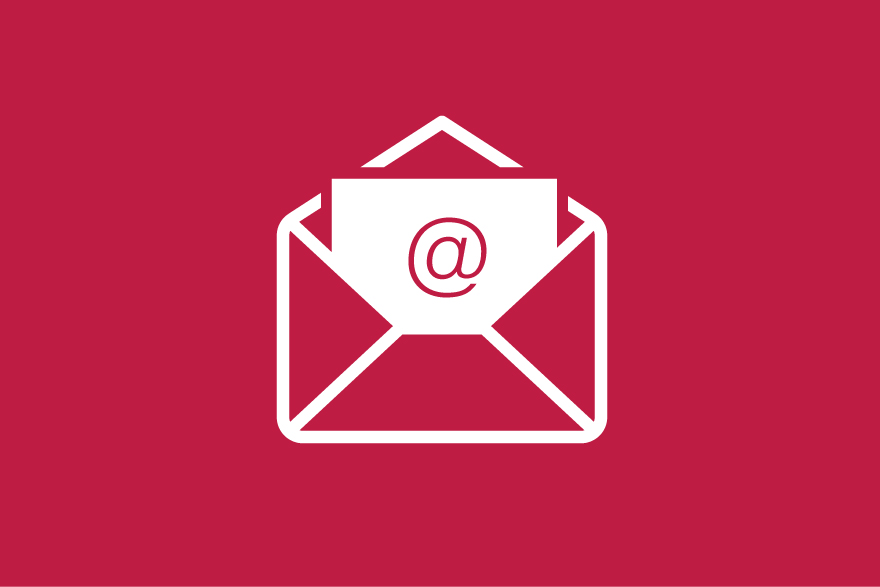
More
Newsletters
He also supported new Israeli settlements in the West Bank, a break from a position traditionally held by the US, and by most countries, that this activity violates international law.
“There was no room for Palestinians in [Trump’s] policy – they were effectively sidelined,” said Laurent Goetschel, director of the research institute swisspeace.
Switzerland, too, experienced a re-orientation in its Middle East policy during the Trump years. The US move away from a negotiation track meant that the traditional Swiss position of supporting dialogue and contributing to a negotiated outcome was also sidelined, said Goetschel, who teaches political science at the University of Basel.
Trump’s first year in office coincided with the arrival of Cassis at the helm of the Swiss foreign affairs department in 2017. The Radical Liberal politician, who is close to the pro-Israeli lobby in Switzerland, brought a more conservative bent to policy in the Middle East, according to Goetschel. Although the Swiss retained their embassy in Tel Aviv after Trump’s 2018 decision and stuck to a vision of two states, words and actions on the ground suggested that the Alpine nation was taking its cues from America.

More
Switzerland’s delicate stances on Israel
Cassis in 2018 famously claimed that UNRWA was part of the problem, because by maintaining refugee camps it was giving people hope of a return to Palestinian territories.
“He was repeating what [Trump senior advisor and son-in-law Jared] Kushner had said, so he was fully endorsing Trump’s position,” said Riccardo Bocco, a Middle East expert at the Graduate Institute of International and Development Studies in Geneva.
Cassis has been criticised for other pronouncements, including praise of Swiss-Israeli relations just weeks after dozens of Palestinians were killed in clashes with Israeli forces at the Gaza border. According to Bocco, the minister was forced to compromise on the wording in his department’s Middle East strategy, which reiterates support for a two-state solution.
In press interviews, Cassis has walked back from his pro-Israeli stance, telling the newspaper Le Matin: “My position is clear and in line with the continuity of Swiss policy”. Visiting the region in 2020, he said that “the return to diplomacy is urgent”, encouraged the two parties to negotiate, and offered Geneva as a host city for future negotiations.
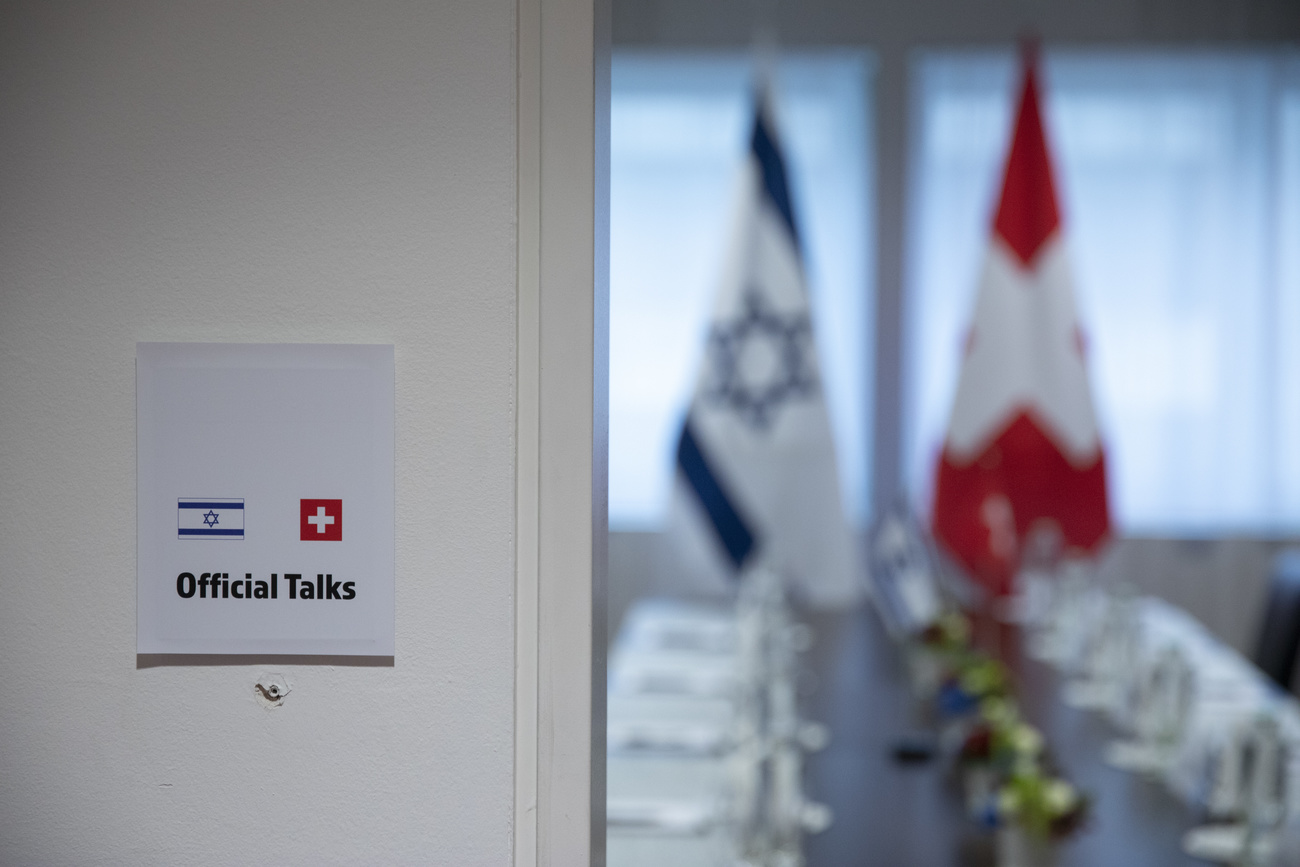
More
Swiss foreign minister visits Middle East
The last talks between Palestinians and Israelis, brokered by the US, failed in 2014.
A role for Switzerland?
Bocco, for one, is sceptical the Swiss will be able to act: “Cassis doesn’t aspire to become a mediator in the conflict – the goal is to develop economic relations with Israel.”
According to its Middle East strategy, one of Switzerland’s aims – coming ahead of the peace process – is to improve economic and financial relations with Israel and specifically to “further exploit the potential in the field of innovation”. In recent years, the Swiss have cooperated with the Israelis and Palestinians on science and innovation, “political instruments that help to achieve peace and stability,” as Cassis told Le Temps newspaper.
For Goetschel, this science diplomacy is hardly a sign that Switzerland is banking on a constructive political process.
“If peace could be brought about like this in the Middle East, it would have happened a long time ago,” he said. “If Switzerland wants to play a role […] in terms of finding political solutions for peace, then it should refrain from focusing only on science and tech.”

More
Science diplomacy as an innovative tool in our international relations
Any opportunity to use its good offices to facilitate dialogue between the two sides, and between Palestinian factions, also depends on what other states are prepared to do. At a meeting of the United Nations Security Council in late January, the Palestinians pitched the multilateral approach, calling for a return of the so-called Quartet of mediators (the US, UN, European Union and Russia) as well as an international peace conference.
“If there is a re-opening of communication between the two sides, with a proper commitment of some kind, then Switzerland could try to play a role,” Goetschel said. Although the country “is not the most important actor in this context”, its position as guardian of the Geneva conventions and past mediator of dialogue between Hamas and the PLO make it a good candidate for trying to build bridges between parties in the conflict.
“But Switzerland can only act when there is a framework conducive to this,” he added.
A US policy of political symbols?
There is, however, little expectation that America, which remains the most important mediator in the process, will try to re-start talks between Palestinians and Israelis. One expert on Israeli-US relations, professor Dov Waxman at the University of California in Los Angeles (UCLA), goes so far as to say that any talks under current circumstances are “doomed to fail”.
US Secretary of State Anthony Blinken himself admitted during his Senate confirmation hearing that there were no short-term prospects for arriving at a two-state solution.
Bocco said the situation on the ground made it hard to believe otherwise: Israel is pressing ahead with new settlements in the West Bank and its 2018 “nation-state law” affirms that “the right to exercise national self-determination [in Israel] is unique to the Jewish people”, leaving Arab-Israelis caught by systemic discrimination.

More
Need a diplomatic messenger? Switzerland is eager to help
But much also depends on the US president’s reaction to developments in the Occupied Territories and Israel’s declaration of sovereignty over the Golan Heights, said Bocco: “If Biden agrees with [the settlements] in the West Bank, then this is the end of [prospects for] a political resolution.”
At the UN Security Council meeting just days after Biden’s inauguration, the US cautioned both sides against “unilateral steps that make a two-state solution more difficult, such as annexation of territory, settlement activity [and] incitement to violence”. But the country also confirmed that it would maintain accords signed under Trump to normalise ties between Israel and Arab states, along with “its steadfast support for Israel.”
Ultimately, Bocco predicted that Biden, himself a supporter of Israel, will be left making “a number of gestures whose political relevance is not important”. Although he is likely to keep the US embassy in Jerusalem – a sore point for the Palestinians – the Democrat plans to restore relations with the Palestinians by re-initiating humanitarian aid and re-opening the PLO office, the Palestinians’ diplomatic mission, in Washington.
But on other matters, the way forward is less clear. The new administration has expressed a willingness to revisit the 2015 nuclear deal with Iran, which Israel fiercely opposed and that Trump abandoned in 2018. Biden has reportedly chosen as his advisors former officials from Barack Obama’s administration who helped to craft the nuclear deal.
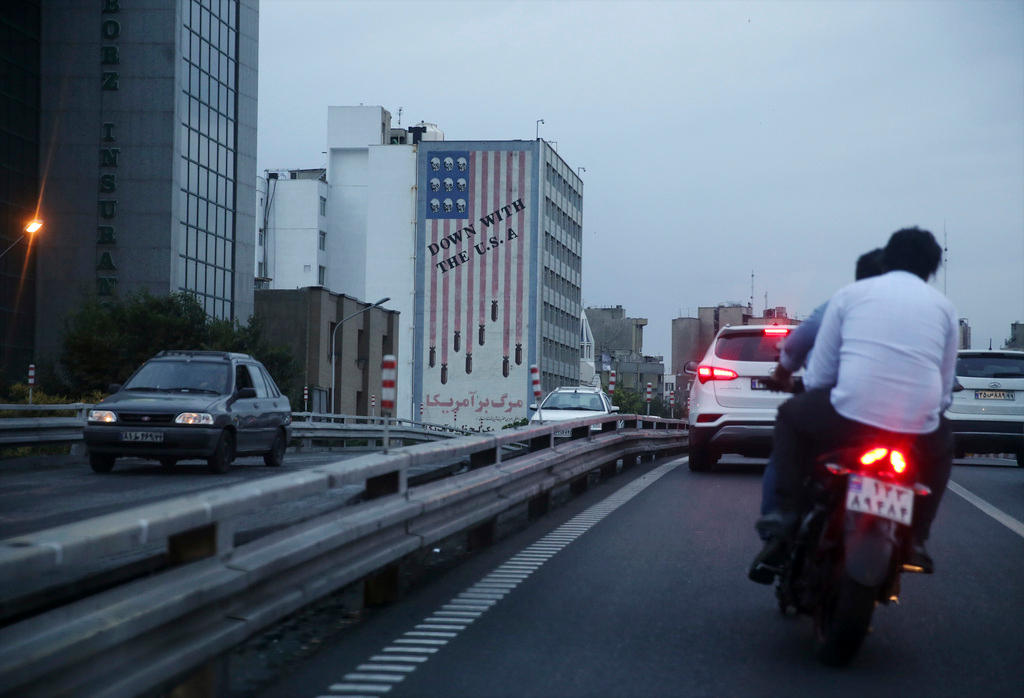
More
Swiss still respect Iran nuclear deal despite US withdrawal
Biden may need to first work out differences with Israeli Prime Minister Benjamin Netanyahu – who faces general elections in March – over the Iran issue and how to resolve the conflict with the Palestinians. The two men previously had a good working relationship but the US president waited several weeks after taking office to call the Israeli leader – a sign of potentially cooler relations between the two, some observers believe. Netanyahu, in Goetschel’s view, had “unconditional support” from Trump that is unlikely to continue under Biden.
There are also domestic considerations to contend with, including a pro-Israeli evangelical electorate that Biden will need to court, and divisions within the Democratic party over how to handle the Israeli-Palestinian conflict.
“Biden will be careful not to increase tensions within his country,” said Goetschel. “I would assume a more subtle policy will emerge – in what precise direction it is difficult to say – but for sure, there will be re-adjustments towards more compromise than over the past years.”

In compliance with the JTI standards
More: SWI swissinfo.ch certified by the Journalism Trust Initiative










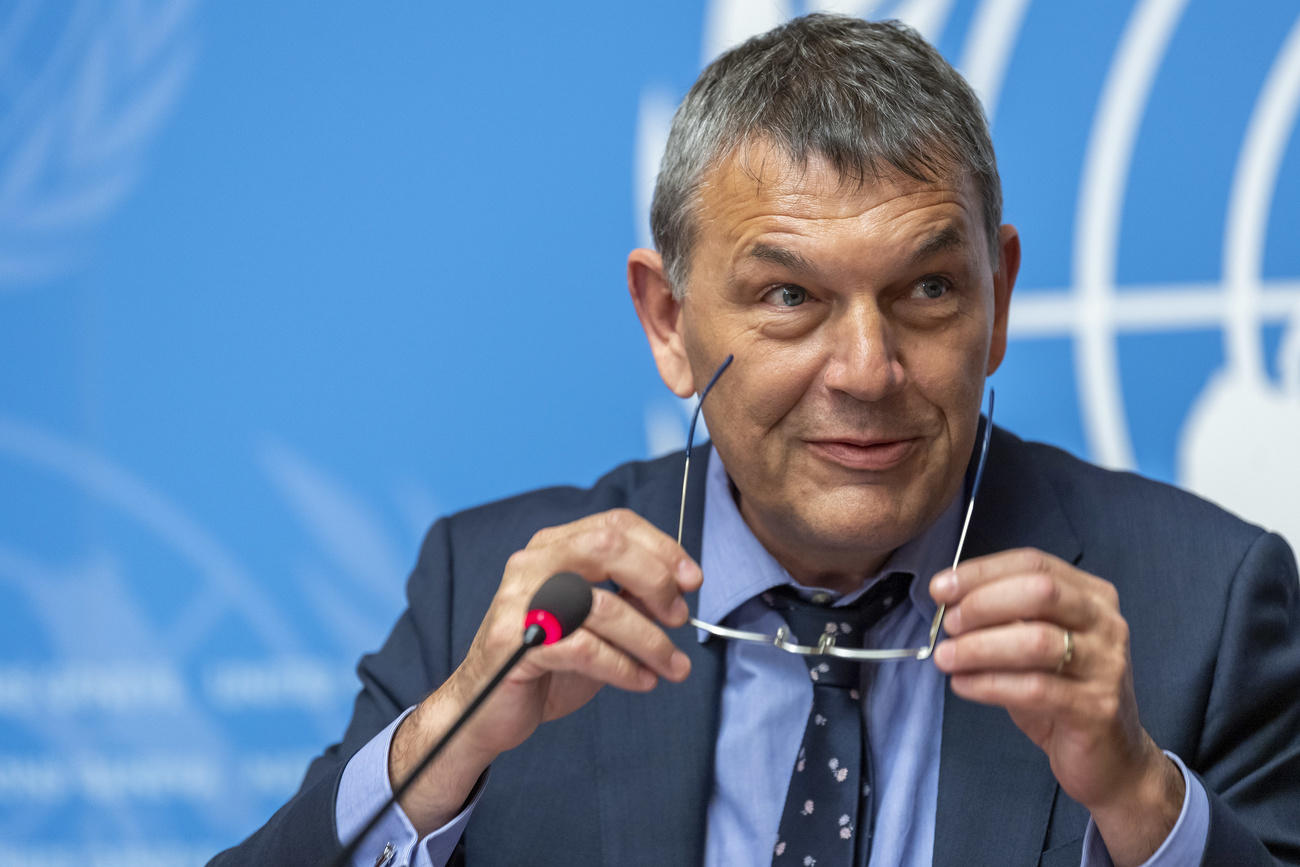

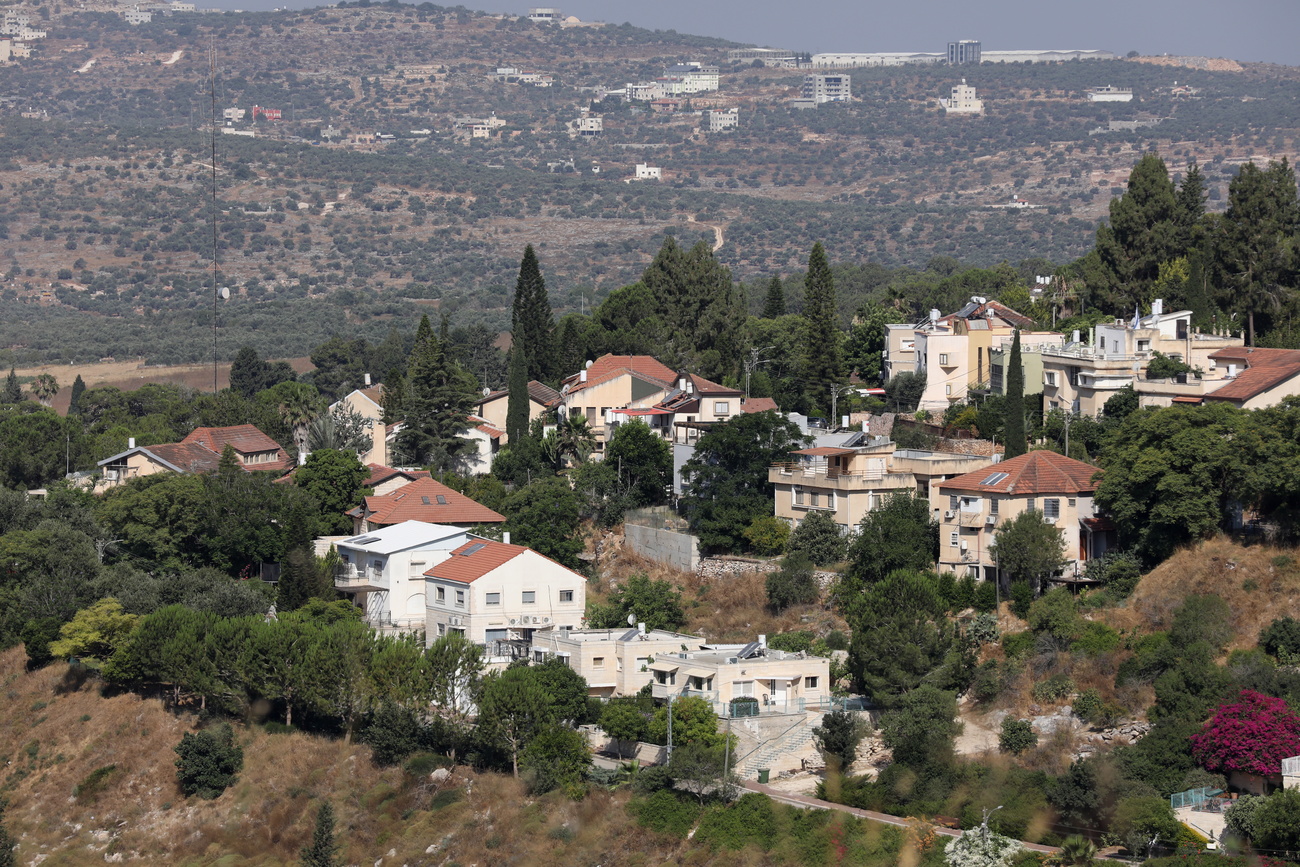
Join the conversation!